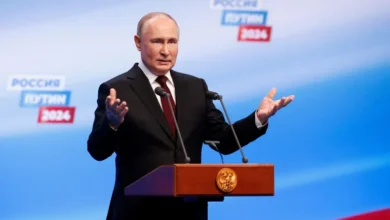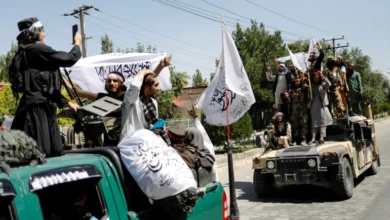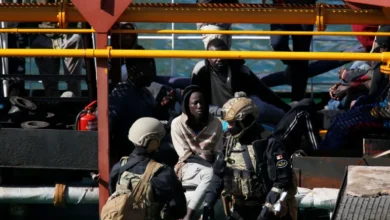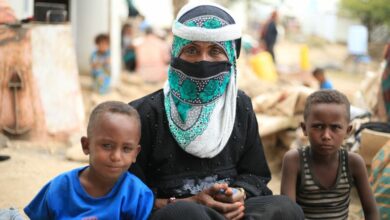Sudan can turn this crisis into an opportunity
Magdi A Mofadal
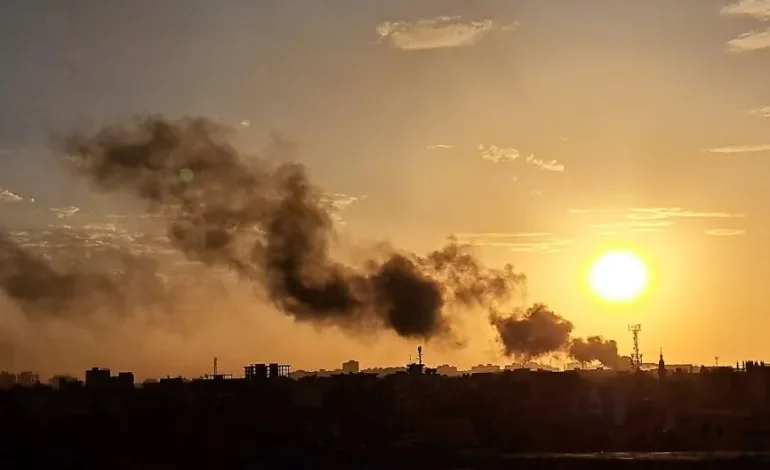
Sudan is going through the most complex crisis in its contemporary history. It started with an attempted coup by the Rapid Support Forces (RSF) on April 15, 2023, which turned into a rebellion. The crisis generated an unprecedented number of causalities, widespread human suffering and devastation. It affected every aspect of life in the country and led to a widespread evacuation of foreign diplomats and citizens.
The situation has been aggravated by the fact that Sudan is currently facing several crises at the same time. On top of a humanitarian crisis, the country is also experiencing a security crisis. The Sudanese economy, which has been bleeding since 2011 due to the secession of South Sudan and the loss of about 90 percent of export earnings, is on its knees. There is unprecedented political fragmentation in the country. The October 2020 Juba Peace Agreement has not been fully implemented as two major factions have not yet signed it. Intercommunal violence has also reached alarming levels with social media platforms widely used to propagate hate speech and stereotyping.
It is evident that Sudan is at a crossroads.
The country has gone through many ups and downs since its independence from the United Kingdom and Egypt in 1956, and has been on a downward trajectory. Nonetheless, the situation is not without hope.In not-so-distant history, several countries have managed to heal wounds that were far deeper and more painful than Sudan’s. South Africa’s success after the fall of apartheid and Rwanda’s achievements in the aftermath of genocide are vivid examples in this respect.
Following these shining examples, Sudan can also resolve its interconnected crises and get on a path towards peace, reconciliation, stability, and development.
Silencing the guns and addressing the dire humanitarian situation would be the first step in the arduous journey to chart a new path for our beloved country. The humanitarian truces that have been agreed upon and extended several times, albeit with violations, are steps in the right direction. It seems that the countdown to the end of violence has already started.
We cannot change a single comma in our history or bring back a single drop of precious blood spilled in any conflict. However, we can draw hundreds of lessons from the current crisis, and from our past mistakes, missteps, and failures.
Countering hate speech is of paramount importance to our future. There is a crying need for a comprehensive and inclusive national healing, reconciliation and justice process that addresses all the grievances and atrocities committed. It is essential for ensuring sustainable peace and stability and having a smooth transition to democracy.
Alongside this process, we need to forge a smart partnership with the international community. We should use Sudan’s importance to the region and the international community in combination with its other resources to achieve sustainable development in the country.What happens in Sudan will cross the borders to stir up an already restive region. Instability in Sudan will suffocate the Republic of South Sudan, which depends entirely on Sudanese infrastructure for its oil exports, the mainstay of its economy. Sudan’s stability has been and will continue to be vital for regional peace and security, countering terrorism, and combating illegal immigration and transnational organised crime.
Besides achieving peace and improving security, resolving Sudan’s current crisis will also require a roadmap for economic recovery. Luckily, Sudan is rich in resources and opportunities.
It has been classified by the United Nations Food and Agriculture Organization (FAO) as one of the few countries that can substantially contribute to achieving food security in Africa and the Arab world.
Population growth, which is expected to double by 2050, along with land degradation, climate change, soil erosion and urbanisation has made food security a primary concern in both of these regions. With each one of its 18 states carrying great potential for improving food security, investing in the food sector can transform the entire country and provide new employment opportunities for young people.
Sudan is also endowed with mineral resources that are needed by global markets. It has great potential for renewable energy, especially solar, and can contribute significantly to the global quest for zero carbon.
Sudan’s geographical location provides ample opportunity for it to become a transport hub connecting different regional economic communities in Africa. There are many tourist attractions in Sudan that have the potential to bring in much-needed revenue and revitalise local economies around them too.
Investing in the aforementioned sectors in Sudan would not only transform the country’s economy and provide handsome returns for investors, but also contribute to achieving balanced regional development, nation-building and sustaining peace.
To help Sudan achieve these ambitious goals, however, there is a need for a sort of Marshall Plan that can rehabilitate its economy and prepare it for the takeoff stage. First and foremost, Sudan needs to be spared the current global geopolitical rivalries. Turning it into an arena for international competition and rivalry will only hinder Sudan’s recovery. The country’s resources are sufficient to provide investment opportunities for all interested regional and international partners.
Despite the gravity of the current situation, it is possible to stop Sudan from falling into the abyss. Let us hope that all stakeholders put their hands together to turn the current crisis into an opportunity to build a new Sudan that can heal its deep wounds and accommodate all its sons and daughters. This would be a massive win not only for Sudan, but also for the region, and the international community at large.
